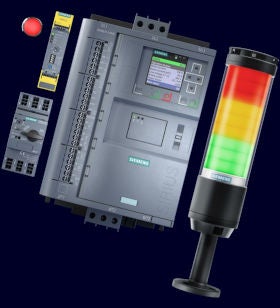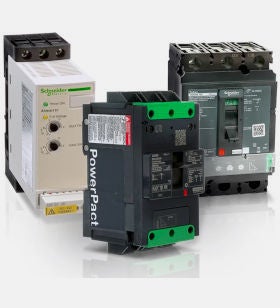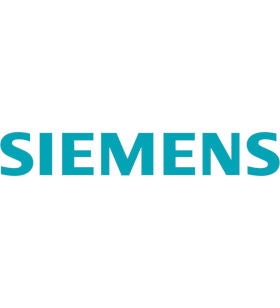Enclosures
-
Plants are under increasing pressure to cut costs, adapt to new technologies, and follow sustainable practices. This demand is driving Industry 4.0 and automation is surging and equipment needs are expanding.
Enclosures are the foundation to ensuring operations run smoothly. They protect your electronic controls and equipment to run vital machinery throughout plant operations. However, it is critical to use the right enclosure for the application. Ratings, material types and finishes, and style all play an important role in maximizing the protection of all electrical components inside enclosures.
If you are using the wrong enclosure for the environment, you risk exposing the internal components to hazards from dirt, dust, and debris to chemical and liquid ingress which can cause equipment failure. Understanding the basics of enclosure selection will help in choosing the enclosure that will protect your indispensable equipment and keep operations running.
(1). Ratings
The National Electrical
-
Once you understand the benefits of modular enclosures, you will want to choose them for almost every application. To help you better understand this style of industrial enclosure and overcome common misconceptions, here are some common questions Rittal gets from assemblers and installers.
Can modular enclosures actually support mounted accessories?
Yes! Modular enclosures use a frame-based design for increased rigidity and durability compared with traditional unibody enclosures, which rely on thicker construction material to carry the additional load of mounted accessories like a cooling unit. In addition, because modular enclosures rely on an internal frame system for support, they can be built using a thinner construction material - 14 or 16 gauge sheet steel - that allows for simpler, faster customization like cutouts without the need for specialized tooling.
Even with the thinner material, the frame based design of the Rittal TS 8 still allows for a maximum weight capacity of 3,150







